Feeding Meats
jason_mackenna
18 years ago
Related Stories

GARDENING GUIDESGreat Design Plant: Serenoa Repens
Saw palmetto provides a carefree ground cover for dry gardens in the Southeast
Full Story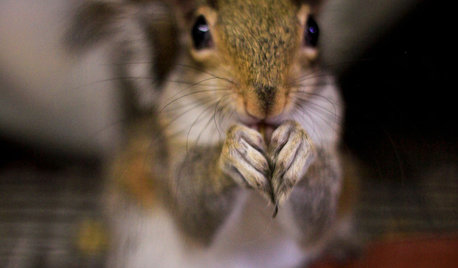
LIFEHow to Outsmart Backyard Critters
Learn to think like a raccoon, skunk or squirrel to keep your home safe and your garden intact
Full Story
SAVING WATER11 Ways to Save Water at Home
Whether you live in a drought-stricken area or just want to help preserve a precious resource, here are things you can do to use less water
Full Story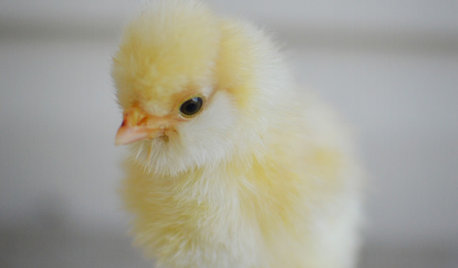
PETSWhat You Need to Know Before Buying Chicks
Ordering chicks for your backyard coop? Easy. But caring for them requires planning and foresight. Here's what to do
Full Story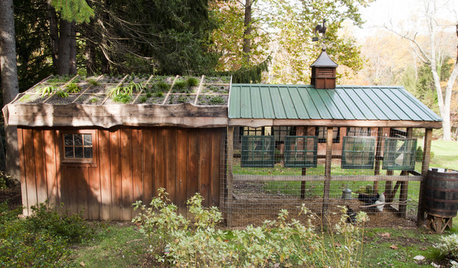
FARM YOUR YARDHouzz Call: Show Us Your One-of-a-Kind Chicken Coops
Do you have a fun or stylish backyard shelter for your feathered friends? Post your pictures and stories in the Comments!
Full Story
KITCHEN DESIGNNot a Big Cook? These Fun Kitchen Ideas Are for You
Would you rather sip wine and read than cook every night? Consider these kitchen amenities
Full Story
PETSSo You're Thinking About Getting a Dog
Prepare yourself for the realities of training, cost and the impact that lovable pooch might have on your house
Full Story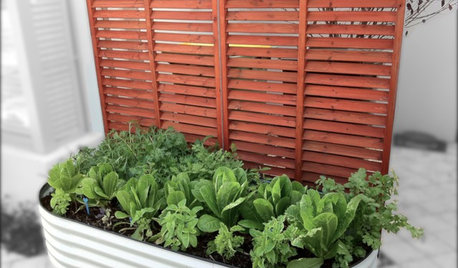
FEEL-GOOD HOME21 Ways to Waste Less at Home
Whether it's herbs rotting in the fridge or clothes that never get worn, most of us waste too much. Here are ways to make a change
Full Story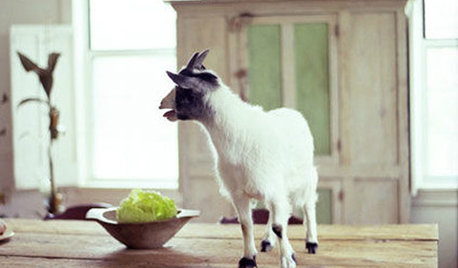
LIFEEasy Green: Modern Homesteaders Stake a Claim
With more options for raising chickens, growing edibles and keeping bees than ever, suburban and city folk are rediscovering a lost art
Full Story
MOST POPULAR7 Ways to Design Your Kitchen to Help You Lose Weight
In his new book, Slim by Design, eating-behavior expert Brian Wansink shows us how to get our kitchens working better
Full StoryMore Discussions






Raymondo
Frogonalog
Related Professionals
70037 Landscape Architects & Landscape Designers · Kenmore Landscape Architects & Landscape Designers · Saint Charles Landscape Architects & Landscape Designers · Kearny Landscape Contractors · Lynchburg Landscape Contractors · Merced Landscape Contractors · Mission Bend Landscape Contractors · South Farmingdale Landscape Contractors · Vashon Landscape Contractors · Casas Adobes General Contractors · Clive General Contractors · Hamilton Square General Contractors · Mount Vernon General Contractors · Natchitoches General Contractors · Titusville General Contractorssqh1
kris